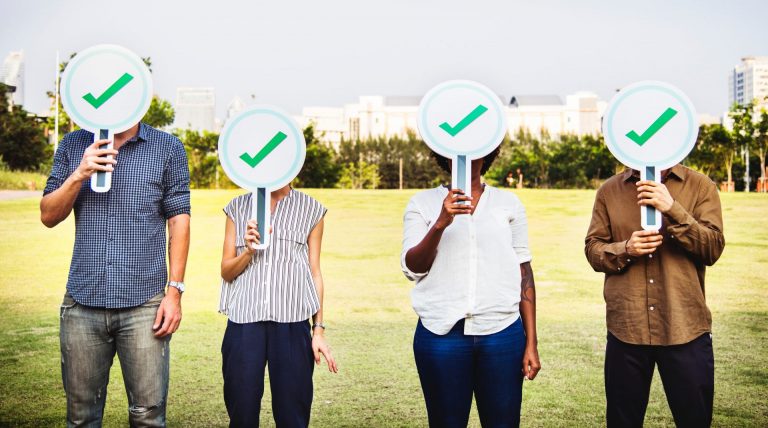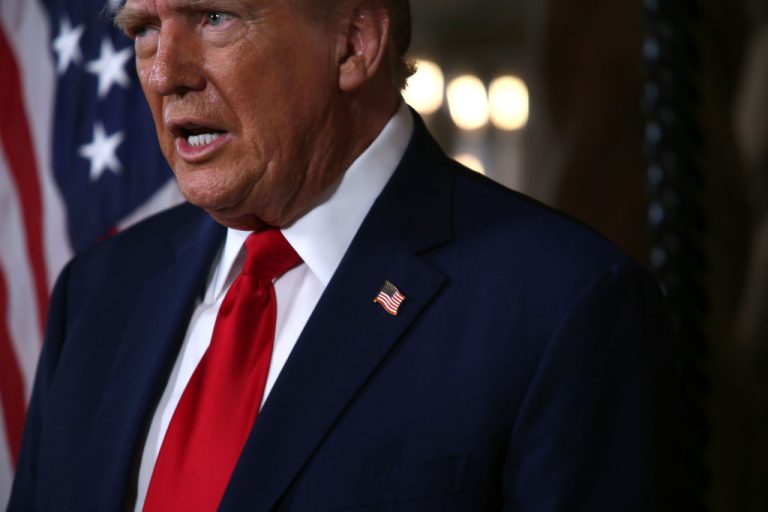A recent study that included a poll with 8,000 respondents suggests that 80 percent, or one in five Americans, consider political correctness to be a problem, with objections being reflected even more strongly among ethnic minorities and among those who never attended college.
The study, titled “Hidden Tribes: A Study of America’s Polarized Landscape,” included data gathered from the poll, 30 one-hour-long interviews, and six focus groups.
“Political correctness” is a term often used to criticize a growing climate of self-censorship in speech and writing, particularly that which stems from the pressure to avoid appearing offensive to certain social groups, such as nonwhites and women.
Hispanics and American Indians voiced the most opposition to political correctness, with 87 and 88 percent of respondents answering in the affirmative, respectively. Eighty-two percent of Asians and 79 percent of whites were opposed, by contrast.
Respondents who labeled themselves atheists or agnostics, and who identify as politically liberal, were the least likely to think that political correctness is a problem. This group included high-income college graduates.
Success
You are now signed up for our newsletter
Success
Check your email to complete sign up
According to the study, with the exception of those the poll identified as “progressive activists,” nearly every demographic polled expressed overwhelming objection to political correctness — even as 82 percent of respondents agreed that “hate speech” was a problem. Only 30 percent of those considered “progressive activists” thought political correctness was a problem.
In an Oct. 12 article, Joy Pullmann of The Federalist wrote that the poll results “may suggest Americans believe thought and speech censorship is not the best way to address rude and discriminatory behavior.”
‘Exhausted majority’
The “Hidden Tribes” study is named for the fact that the American people are host to more variation than is often perceived. In the course of the study, the researchers identified a group of people with no definite political affiliation, and who tended to not engage in political activity.
The study called this group, which makes up about two-thirds of Americans, the exhausted majority. It is a group of people who “share a sense of fatigue with our polarized national conversation, a willingness to be flexible in their political viewpoints, and a lack of voice in the national conversation,” according to the study.
During the hour-long interviews, many participants said that they found it difficult to be able to express themselves freely in day-to-day situations.
“They worry that a lack of familiarity with a topic, or an unthinking word choice, could lead to serious social sanctions for them,” Yascha Mounk, a Harvard University lecturer, wrote in a commentary of the poll results in The Atlantic.
“Progressive activists are the only group that strongly backs political correctness: Only 30 percent see it as a problem,” Mounk wrote.
The authors of the study found that progressive activists had an “outsized role in political discourse, even though they comprise a small portion of the total population (about 1 in 12 Americans).”
A 28-year-old woman from North Carolina reported that she was a liberal, but felt that political correctness “has gone too far… We have gotten to a point where everybody is offended by the smallest thing.”
According to Pullmann, the exhausted majority identified in the study is a group of swing voters without any strong political affiliations. It “seems to describe the kind of people who could vote for Barack Obama, Bernie Sanders, and Donald Trump,” she wrote.
Follow us on Twitter or subscribe to our weekly email


















